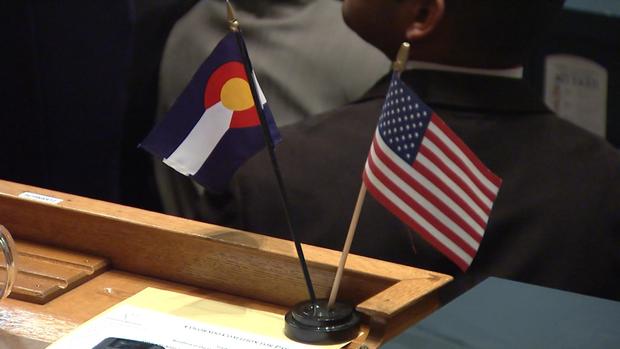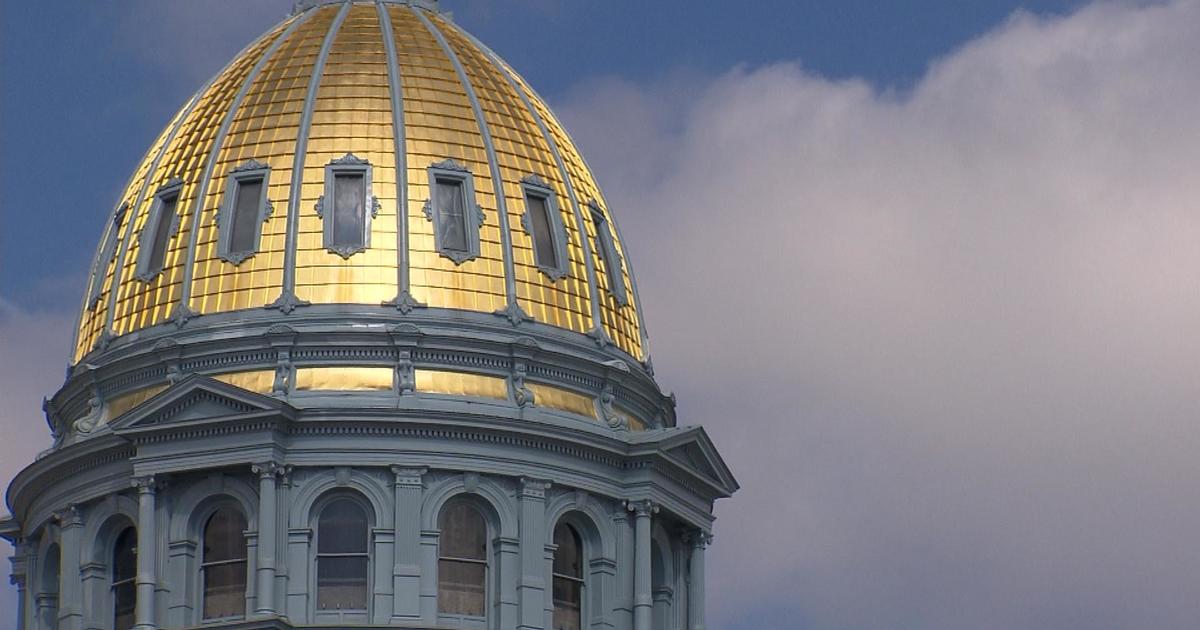Colorado Legislative Session Ends With Hard-Fought Wins, Some Misses
DENVER (AP) - Colorado lawmakers concluded business for the year Wednesday with hard-fought agreements on highways, hospitals and affordable housing — but the split Legislature racked up some misses, too.
On Day 120 of the 2017 session, the Democrat-led House sent a signature bill that spares rural hospitals drastic budget cuts and provides $1.8 billion for transportation to Gov. John Hickenlooper, who's expected to sign it.
Its many moving pieces prompted legislators of both parties to express distaste or elation before most of them voted for it. That's because it removes hundreds of millions of dollars that hospitals pay the state to secure federal matching grants from constitutional revenue limits — an ideal anathema, until this year, to the GOP.
The maneuver allows hospitals to receive $528 million in subsidies in the fiscal year that begins July 1. Rural centers that tend to use Medicaid and the uninsured especially depend on that money. And the subsidy formula will stay that way in the future, free of the limits imposed by the 1992 amendment called the Taxpayer's Bill of Rights.
Democrats grudgingly accepted Republican demands that the state take $200 million less in revenue next year. They also pledged to find ways to reduce state-agency funding by 2 percent next year — though nothing in the bill holds them to that.
Negotiators also agreed to lease state-owned buildings over 20 years and to raise recreational marijuana taxes to pay for the deal. In another nod to the GOP, small business owners will see a bigger property tax exemption.
"I don't love this bill. Not even sure I like this bill. But I will vote for this bill," said Democratic Rep. Dan Pabon, a refrain repeated often under the Capitol dome this week.
Republican Rep. Kevin Van Winkle wondered whether raising the pot tax could make black market sales more attractive. Others objected to taking pot funds from the schools construction and anti-drug programs that Colorado voters were promised when they legalized marijuana in 2012.
GOP Sen. Jerry Sonnenberg introduced the bill after he and other anti-tax Republicans were stunned to learn that Senate President Kevin Grantham and House Majority Leader Crisanta Duran were proposing a voter-approved state sales tax hike to raise $3.5 billion for roads.
That measure ultimately died in the Senate, despite its much larger potential to repair and replace Colorado's aging roads infrastructure.
The session's other signature bill was required by law: A balanced budget for the 2017-18 fiscal year. With its traditional discipline, the bipartisan Joint Budget Committee delivered the $26.8 billion document, anticipating that a hospitals funding measure would follow.
Lawmakers made modest steps to reduce homebuilder liability to encourage more low-cost housing construction. They passed enabling legislation for voter-approved initiatives that allow independent voters to participate in major party primaries. And they raised per-pupil K-12 funding by more than $240.
But they failed to agree on a plan for what to do if the U.S. government scraps the federal health care law.
With the clock ticking late Wednesday, they also failed to agree on a bill that sought to clarify public use of marijuana, which is banned. A deal to renew the Colorado Energy Office at full strength proved elusive.
Lawmakers did pass a bill allowing citizens expedited access to electronic records held by government agencies.
By JAMES ANDERSON, Associated Press
(© Copyright 2017 The Associated Press. All Rights Reserved. This material may not be published, broadcast, rewritten or redistributed.)




